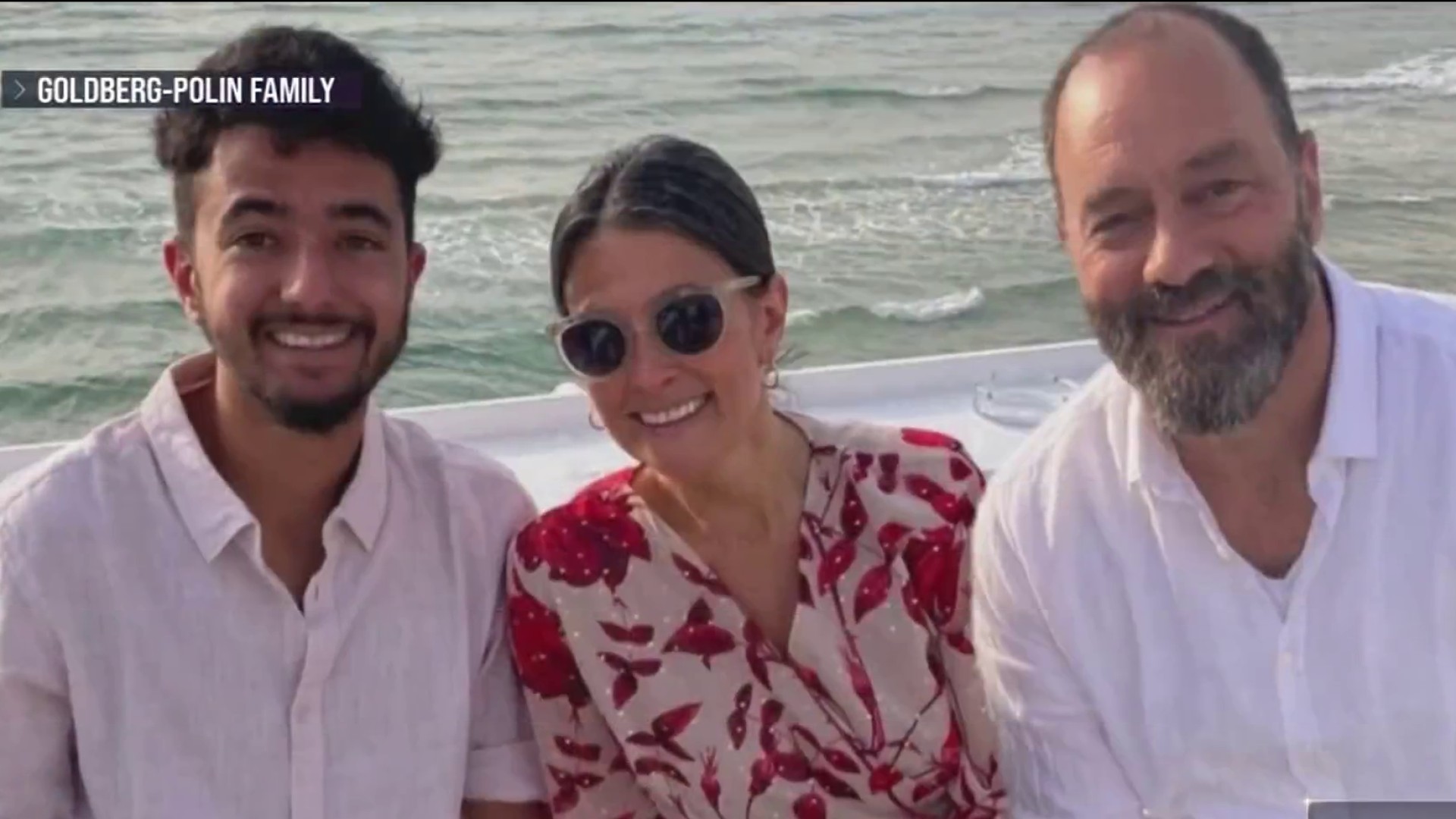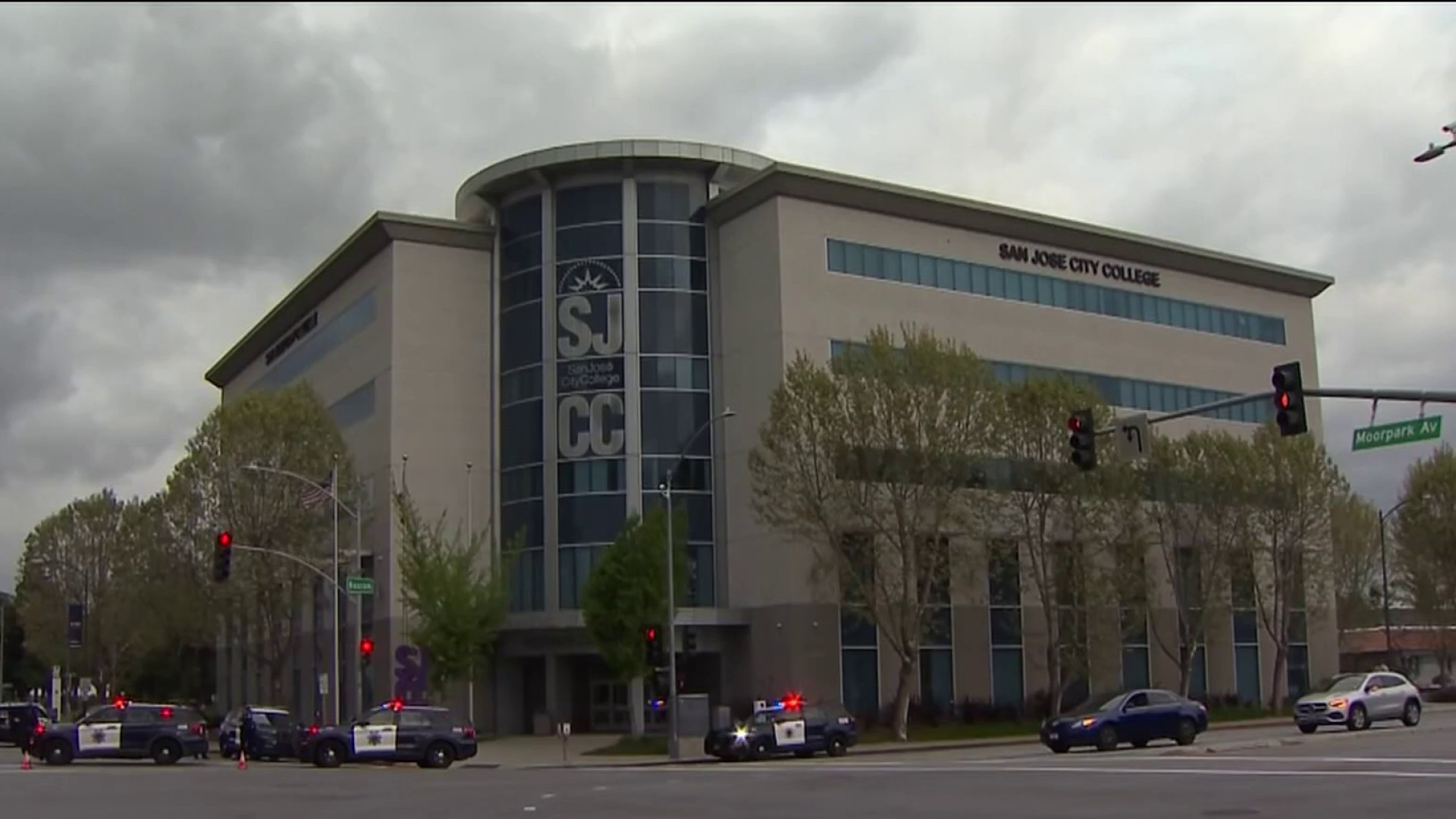A positive COVID-19 sample was sent to UCSF’s Chiu Lab late Tuesday night. Since then, scientists have been hoping to learn how exactly omicron got to the Bay Area and why.
“Really it was only a matter of time before we would see the variant,” said Dr. Charles Chiu of UCSF.
He said doctors ran it through a series of sequencing overnight – and at 4 a.m. verified it was in fact the omicron variant.
Get a weekly recap of the latest San Francisco Bay Area housing news. Sign up for NBC Bay Area’s Housing Deconstructed newsletter.
“This is probably not the first case here, but it’s just the first one detected,” said Dr. Alicia Sotomayor Gonzalez of the lab.
The Chiu Lab has been tracking COVID variant spread throughout the pandemic and discovered the California variant in 2020.
Local
Recently, they’ve helped develop a faster protocol and were able to detect omicron in a matter of hours instead of days or weeks.
“It is important to make it fast to confirm that it was, and the people doing the decision-making can trace possible contacts to stop or slow it as much as possible,” said Sotomayor Gonzalez.
California has a robust sequencing network that includes UCSF. It’s why doctors think it was first detected here first.
The well-known delta variant still makes up 99% of U.S. cases.
But omicron is different – with 50 spike protein mutations compared to the delta’s 20.
Scientists around the world are working to find out if it’s more contagious or severe.
“What South African scientists are telling us is that it seems to be more mild. It seems like people have more body aches, less cough, not the smell and taste differences and it seems to be more mild among the unvaccinated,” said Dr. Monica Gandhi, infectious disease specialist of UCSF. “That is great news if it’s doing more mild symptoms. We need more data but that’s what they told us so far.”
Doctors say there’s still much more to discover.
“Now we have a sample to work with where we can do some critical laboratory studies to understand how transmissible it is, and what impact it has, if any, on vaccine effectiveness,” said Dr. Chiu.



